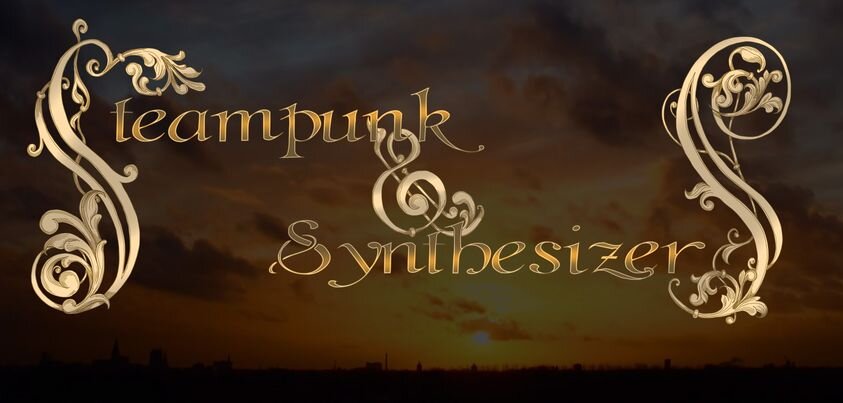On a grassy green hill in the countryside overlooking a quiet little hamlet, a boy tended to the sheep which had been placed in his care for a penny a week. The night was peaceful and calm, and the boy grew restless. So he made up a game near the edge of the meadow by hitting rocks into the forest with swings of his shepherd’s crook. He had such fun, in fact, that during the night – while he should have been tending to the sheep – some of the sheep went missing.
Before the sun came up, he wandered back to the flock and noticed that there were not twenty and five sheep as he had counted at sunset, but twenty and three. Shrugging, he led the nervous sheep back to their pen and went inside his parent’s home to eat and go to bed.
When he came back to the farm who owned the sheep, the farmer approached him.
“Boy, there were twenty and five sheep in your care last night, and now I count three less. What happened to the three?”
The boy shrugged. “You must have counted wrong. I only had twenty and two sheep all night.”
And with that, the boy opened the gate and marched the sheep back up onto their grazing hill.
During the night, he quickly became bored again, and went back down to the town to kiss a girl he fancied. When he went back up to the hill in the morning, he now counted only ten and seven sheep. Not caring for this new number, he brought the sheep back to their pen and went home for food and another day of sleeping.
That evening, the farmer and his wife ran out to him as he prepared to lead the sheep away.
“Now see here, boy, there were only ten and seven sheep this morning, when I know I counted twenty and two. Where are the sheep?”
But the boy gestured to the remaining flock. “They’re all right here, old man. I don’t know what you’re doing while I’m asleep, but I know I brought back all your sheep. You should check your fences and find out how they’re getting out.”
He opened the gate again and led the sheep up to their hill to eat the lush grass.
That night, he grew hungry, and killed one of the smaller sheep, cooked it, ate a few tender lamp chops and threw the remains into the forest. When he came back from disposing of the remains, six additional sheep were gone as well.
His hunger satisfied, he led the ten remaining sheep down to their pen, but went home without closing the gate behind him.
The boy was awakened later in the day by the angry farmer and half the village, demanding to know what had happened to the sheep the boy had been charged with watching.
“What sheep?” the boy said, rubbing the sleep from his eyes. “You just woke me from my nap.”
“I’ve been paying you a penny a day to watch my sheep – and now they’re all gone! That’s my livelihood, and now it’s all gone!”
“Your livelihood?” the boy asked. “Must not be too important if you let someone else do it.”
One of the other villagers stepped forward. “I tend my sheep up in the hills as well. If you know what took his sheep, tell us so we can deal with it ourselves.”
“I’m sure it’s nothing,”, the boy said. “I think this farmer was just careless and let his sheep run off.”
The old farmer’s face turned a darker shade of red. “I went up on the hill and saw blood and tracks from a wolf. At least tell me if it was wolves what got my sheep and we can hunt it down.”
“It might have been a wolf,” the boy said. “But if it was a wolf at all – and I’m not saying it was – I’m sure it’s nothing worth your time. In fact, I’m sure if it was a wolf, it will just wander away and be gone, just like a miracle. Nothing worth your time or energy. I’m going back to bed now.”
But the town was not satisfied. “Tell us if we’re safe! Tell us what we need to know!”
The boy looked out on the angry, fearful faces as they demanded that he help them.
“No,” he said, and closed the door.




